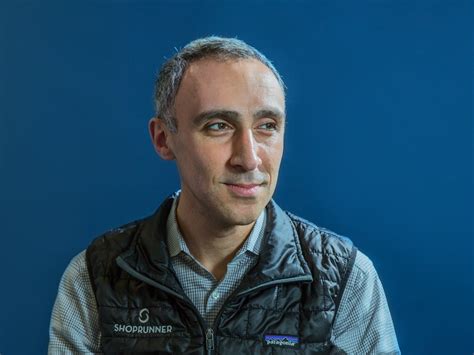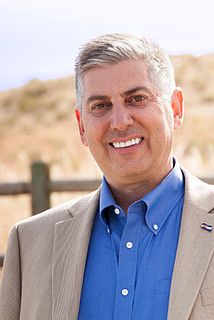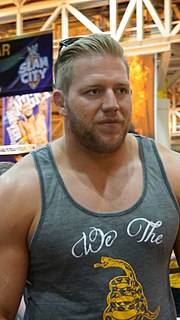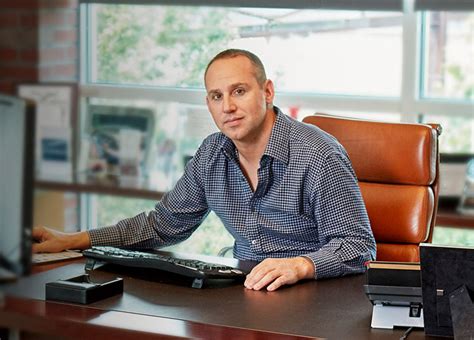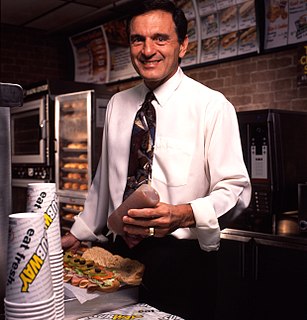A Quote by Sam Yagan
I started my first company when I was in my college dorm as a senior with two of my really good friends. We started a company that became SparkNotes.com. You know CliffsNotes? SparkNotes is a modern-day version of that.
Related Quotes
Whenever I talk to people who founded a company, I often like to ask the prehistory questions 'When did you meet? How long have you been working before you started the company?' A bad answer is, 'We met at a networking event a week ago, and we started a company because we both want to be entrepreneurs.'
You're missing it. This is not a one-man show. What's reinvigorating this company is two things: One, there's a lot of really talented people in this company who listened to the world tell them they were losers for a couple of years, and some of them were on the verge of starting to believe it themselves. But they're not losers. What they didn't have was a good set of coaches, a good plan. A good senior management team. But they have that now.
When you take a look at the transition from server software to Azure, what's going on in terms of cloud infrastructure, the company is absolutely the No. 1 company serving enterprise backbone needs, which is fantastic. It's making the migration to cloud. We started a good thing with Azure, and the company has made well more than two years of progress in terms of being able to compete with the right cost profile, margin structure, and innovation versus Amazon.
